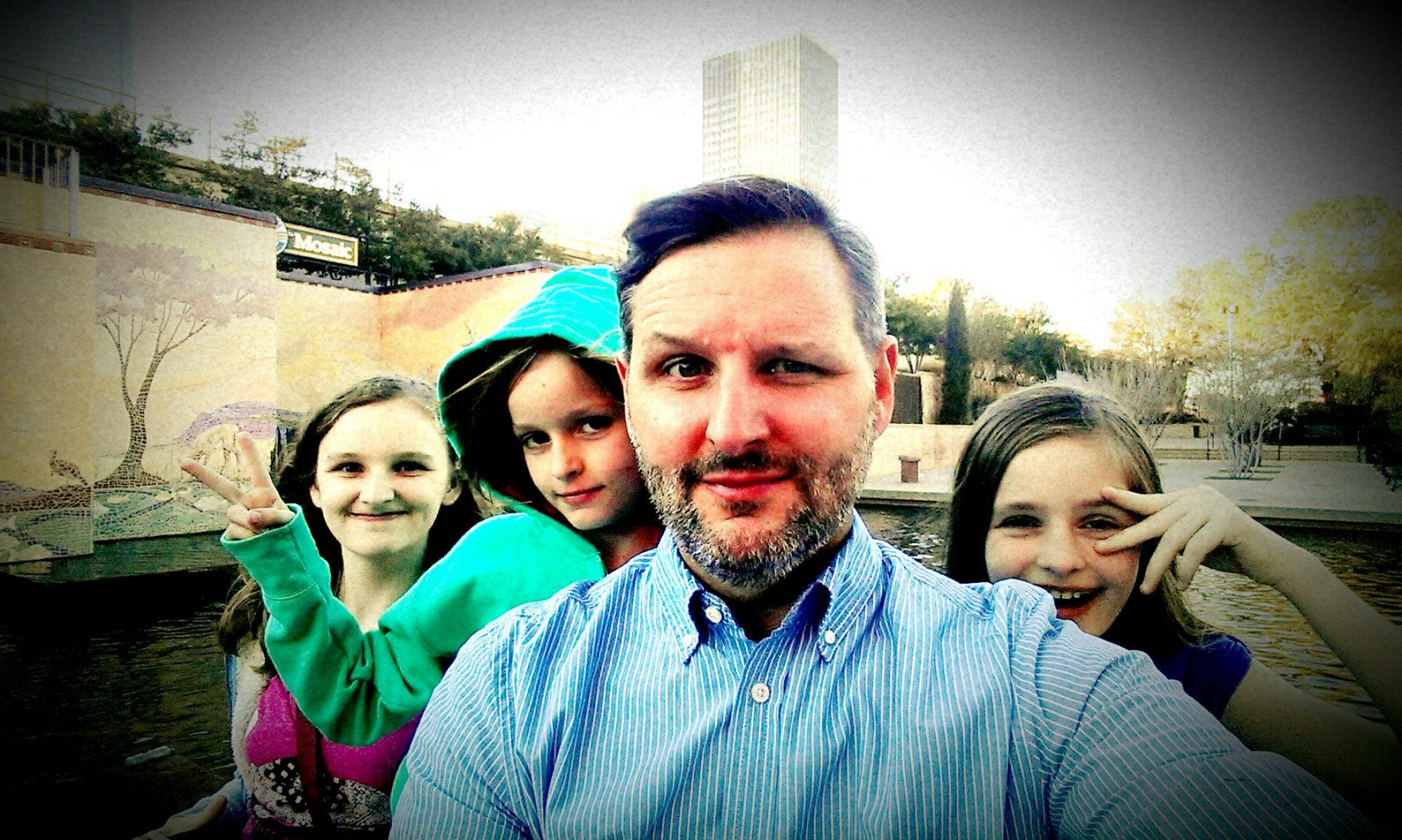Chicago Tribune, January 13, 1882
In a remote corner of the Congressional Cemetery at Washington, a small group of people with uncovered heads were ranged around a newly-opened grave. They included Detective and Mrs. George O. Miller and family and friends, who had gathered to witness the burial of the former’s bright little son Harry. As the casket rested upon the trestles there was a painful pause, broken only by the mother’s sobs, until the undertaker advanced toward a stout, florid-complexioned gentleman in the party and whispered to him, the words being inaudible to the lookers-on. This gentleman was Col. Robert G. Ingersoll, a friend of the Millers, who had attended the funeral at their request. He shook his head when the undertaker first addressed him, and then said suddenly, “Does Mrs. Miller desire it?” The undertaker gave an affirmative nod. Mr. Miller looked appealingly toward the distinguished orator, and then Colonel Ingersoll advanced to the side of the grave, made a motion denoting a desire for silence, and, in a voice of exquisite cadence, delivered one of his characteristic eulogies for the dead.
The scene was intensely dramatic. A fine drizzling rain was falling, and every head was bent, and every ear turned to catch the impassioned words of eloquence and hope that fell from the lips of the famed orator. Colonel Ingersoll was unprotected by either hat or umbrella. His invocation thrilled his hearers with awe, each eye that had previously been bedimmed with tears brightening, and sobs becoming hushed. The colonel said:
My Friends: I know how vain it is to gild a grief with words, and yet I wish to take from every grave its fear. Here in this world, where life and death are equal kings, all should be brave enough to meet what all have met. The future has been filled with fear, stained and polluted by the heartless past. From the wondrous tree of life the buds and blossoms fall with ripened fruit, and in the common bed of earth patriarchs and babes sleep side by side. Why should we fear that which will come to all that is? We cannot tell. We do not know which is the greatest blessing, life or death. We cannot say that death is not good. We do not know whether the grave is the end of this life or the door of another, or whether the night here is not somewhere else a dawn. Neither can we tell which is the more fortunate, the child dying in its mother’s arms before its lips have learned to form a word, or he who journeys all the length of life’s uneven road, painfully taking the last slow steps with staff and crutch. Every cradle asks us “Whence?” and every coffin “Whither?” The poor barbarian weeping above his dead can answer the question as intelligently and satisfactorily as the robed priest of the most authentic creed. The tearful ignorance of the one is just as consoling as the learned and unmeaning words of the other. No man standing where the horizon of a life has touched a grave has any right to prophesy a future filled with pain and tears. It may be that death gives all there is of worth to life. If those who press and strain against our hearts could never die, perhaps that love would wither from the earth. Maybe a common faith treads from out the paths between our hearts the weeds of selfishness, and I should rather live and love where death is king than have eternal life where love is not. Another life is naught, unless we know and love again the ones who love us here.
They who stand with breaking hearts around this little grave need have no fear. The largest and the nobler faith in all that is, and is to be, tells us that death, even at its worst, is only perfect rest. We know that through the common wants of life, the needs and duties of each hour, their grief will lessen day by day until at last these graves will be to them a place of rest and peace almost of joy. There is for them this consolation: The dead do not suffer. If they live again their lives will surely be as good as ours. We have no fear; we are all children of the same mother and the same fate awaits us all. We, too, have our religion, and it is this: “Help for the living, hope for the dead.”
